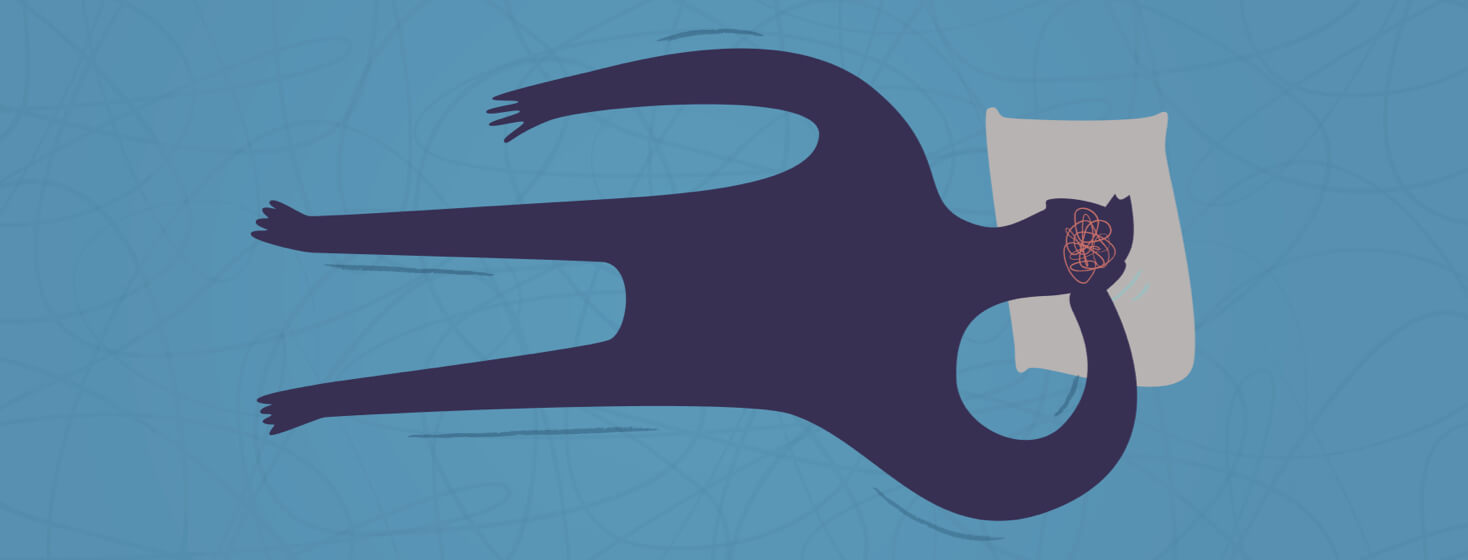Postdrome: The Migraine Hangover
"Postdrome" is the official term for that wrung out, exhausted, headachy feeling migraineurs experience after the most painful and intense phase of their migraine attack has passed. Calling this stage, the fourth in a migraine attack, a "migraine hangover" strikes a chord the clinical definition does not. The most active, intense part of the experience is over, and you're left dealing with the not-quite-right aftermath. All without the fun of drinking delicious adult beverages and laughing with your friends.
Featured Forum
View all responsesPostdrome symptoms
Not every migraineur experiences postdrome, though most do. In one study, 68% of participants had migraine hangover symptoms that lasted from a few hours to a couple days, with an average duration of 25.2 hours.1 Symptoms include tiredness, difficulty concentrating, weakness, dizziness, lightheadedness, decreased energy, head pain, skin and scalp sensitivity, and mood change.2
What does a migraine hangover feel like?
I first wrote about postdrome in 2007 and have collected more than 250 accounts of migraineurs' experiences with it.3 People describe the physical sensations as weighted down limbs, moving through mud, walking through quicksand, heaviness, and numbness. Some say they feel like they've just run a marathon or been beaten up or hit by a truck.
Is the pain the same?
Though the pain isn't as severe as in the height of the migraine. Head pain is common and often exacerbated by coughing or sneezing. Some say their head and brain feel bruised. Emotionally, people describe being easily agitated and annoyed, impatient, sad, and depressed. A dense mental fog or haze, difficulty making decisions, mental confusion, and forgetfulness are also frequently reported symptoms.
Postdrome interferes with work and relationships
Many migraineurs, both in studies and stories I've collected, say postdrome interferes with their work as well as their family and social relationships. Because the worst of the migraine is over, many feel like they should be able to get more done and feel guilty for not being productive. If you fall into this category - I certainly do - remember that the migraine is not over. You're still experiencing symptoms, though not as intense, so try to go easy on yourself.
Talk to your doctor
While knowing the medical terms used for migraine is helpful for talking with your doctor about your symptoms and experience, referring to a migraine hangover in social situations can help non-migraineurs understand the severity of the LEAST painful part of a migraine attack. Non-migraineurs think "hangover," and they think horrible headaches and feeling wrung out. After I explained the similarities between alcohol and migraine hangovers to a friend, she asked, "You mean the migraine is even WORSE than that?" She was appropriately horrified when I said yes and that the hangover is actually a relief after the pain of the attack.

Join the conversation